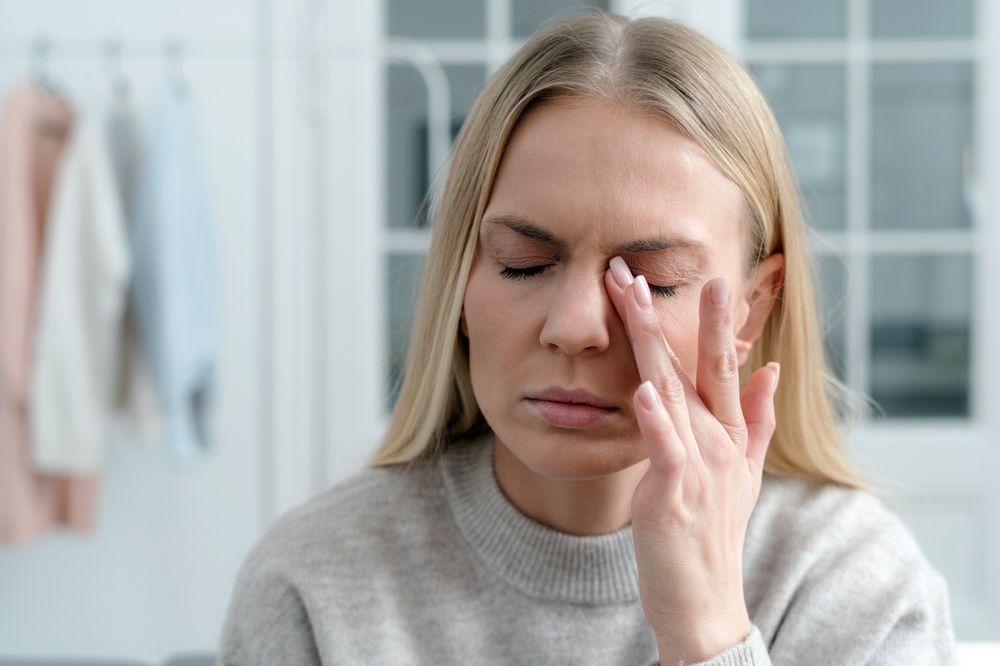
Dry eye syndrome makes your eyes dry, irritated, and uncomfortable. It affects millions worldwide, disrupting their daily life and vision quality. Dry eye syndrome happens when your eyes lack sufficient tears or when your tears dry up too fast. Many factors can cause it, such as aging, hormones, drugs, weather, or eye problems.
You can ease your dry eye symptoms and improve your eye health with the following lifestyle changes:
Drink Plenty of Water
Drinking enough water can help your eyes stay moist and clear. It can also help flush out any dirt or bacteria that cause infections.
Drinking water is essential for good health. Adults should take at least eight glasses of water daily. However, some drinks can dehydrate you, such as alcohol, coffee, and tea. If you find it challenging to drink plain water, try adding some flavor with lemon, cucumber, or mint.
Blink More Often
Blinking is good for your eyes. It moistens your eyes with tears and washes away dust or dirt. It also helps you avoid eyestrain and tiredness. But when you stare at a screen or a book, you may blink less than usual. This can dry and hurt your eyes.
It is why you must blink more when reading, watching TV, or doing anything else that requires your visual focus. You can moisten your eyes with eye drops or artificial tears if they feel dry. Choose eye drops without preservatives to prevent irritation, and use them as directed.
Protect Your Eyes From the Elements
Sun, wind, dust, and smoke can make your eyes dry, sore, and hurt. So, you should wear sunglasses outside—but not any sunglasses. You need sunglasses to cover your eyes and block UVA and UVB rays. These sunglasses can save your eyes from harmful sun rays and bright light.
Wear a visor or a hat to protect your eyes from the sun. Also, keep your eyes away from direct air from fans, heaters, or air conditioners. These devices can dry your eyes and make them sensitive.
Take Breaks From Your Screen
Digital screens can strain your eyes and make them dry. If you use them often, you may develop dry eye symptoms like blurry vision, headaches, and light sensitivity. To avoid this, take frequent breaks from your screen. This will relax your eye muscles and stimulate tear production. You can also rest your eyes or rub your eyelids gently during your breaks to ease tension and increase blood flow in your eyes.
Eat Healthy Foods
Your diet can influence your eye health and tears. Some nutrients can reduce inflammation and improve tears in your eyes. These are omega-3 fatty acids, vitamins A, C, E, and zinc. These nutrients can also protect your eyes from damage and infections with antioxidants. Eat foods rich in these nutrients and skip those that can irritate or trigger your eyes, like dairy products, gluten, or processed foods.
Conclusion
Dry eye disease can happen to anyone at any age. But you can ease your symptoms and make your eyes more comfortable and healthier with some lifestyle changes. If these tips do not relieve your symptoms, see a doctor for more help and treatment. Your doctor may give you drugs or other methods to address your condition's root cause.
For more on dry eye syndrome, call Lone Star Vision in Texas at (972) 378-4104 for our Plano office or 972) 382-2020 for Celina.







